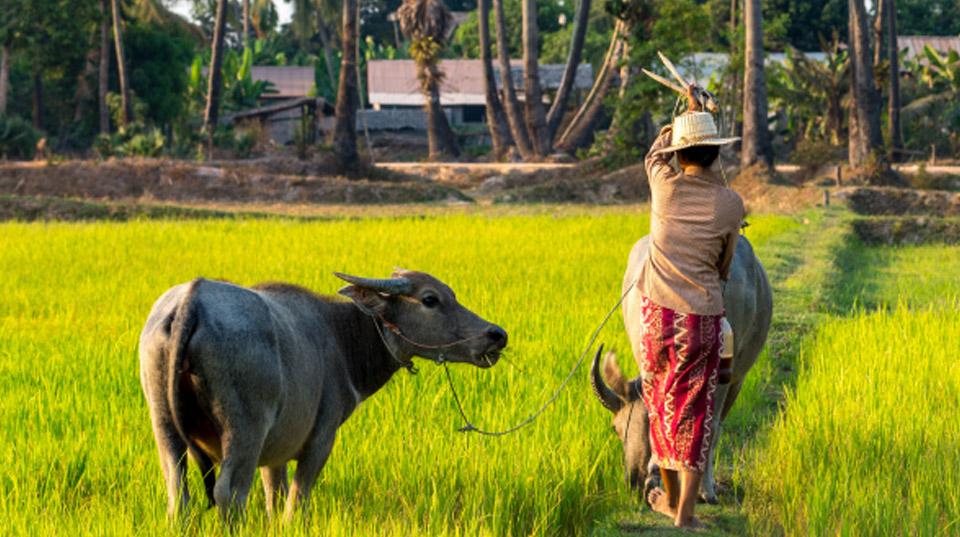Overview
Inle Lake is a place of significant ecological, social and cultural value. It is listed as an ASEAN Heritage site and on the Tentative List of UNESCO World Heritage Sites. The Lake and its catchments are a vital part of the economy of Shan State and the nation, providing many goods and services that support the diverse livelihoods of its agricultural, fisheries, forestry and tourism communities. It also acts as the main water source for the Law Pi Ta hydroelectricity power plant. About 90,000 people inhabit Inle Lake and its nearby environs, while 800,000 people inhabit its four catchments. Renown for a number of cultural and livelihood practices (floating gardens, weaving industry, traditional leg-rowed boats), the lake is one of the main tourism attractions in Myanmar, with over 300,000 international and domestic tourists visiting each year, providing a critical boost to the local and national economies.
Over the last twenty five years, in seeking more sustainable futures to complex cross-sectoral and cross-cutting management issues, Australia has had a challenging but unique experience with linking policy, science and community through integrated approaches at a catchment or regional scale for enabling more sustainable resource use and economic development. Many lessons have been learnt from the challenges faced.
Project outcomes
As identified in this SRA Report, the Myanmar Government has been challenged by not only a lack of cooperation amongst government agencies but a lack of appropriate institutional capacities to implement an integrated management approach that can address the complex cross-sectoral and cross-cutting issues facing Inle Lake and its catchment system. This failure is threatening (a) the long-term conservation and sustainability of Inle Lake and its catchment system, and (b) the sustainability and profitability of the livelihoods of the communities that depend upon the services that system provides.
In this context, the situational analysis provided in this SRA report gives rise to a number of research questions for shaping the proposed overarching program of research (possibly over 5 or more years). These questions are relevant to the Inle Lake catchment situation and also to many other contexts in Myanmar, as well as more broadly to developing nations in Asia where complex wicked policy problems affect the sustainability and profitability of rural livelihoods.
A series of shorter-term research for development components will underpin and be directly inter-linked to the overarching research program. The program and its supporting components will be purposefully designed to:
- Provide a better technical understanding of specific aspects of the linked natural and social science systems affecting the wicked policy problem and will include technology transfer to improve the sustainability and profitability of rural livelihoods;
- Recognise Myanmar’s transitional context as a long term process; thus activities will be tailored to local context and capacities;
- Strengthen partnerships with key stakeholders in Myanmar including community interests that build on existing capacities and enable the achievement of outcomes in a more coordinated, coherent and complementary way;
- Be inclusive of the different stakeholders and address issues related to gender in a proactive but sensitive way wherever appropriate;
- Allow for flexibility to enable implementation to be adjusted as appropriate to changing political and institutional contexts; and
- Engage in partnership with a number of key government and research institutions to boost institutional capacities, including training opportunities for promising young talents.





